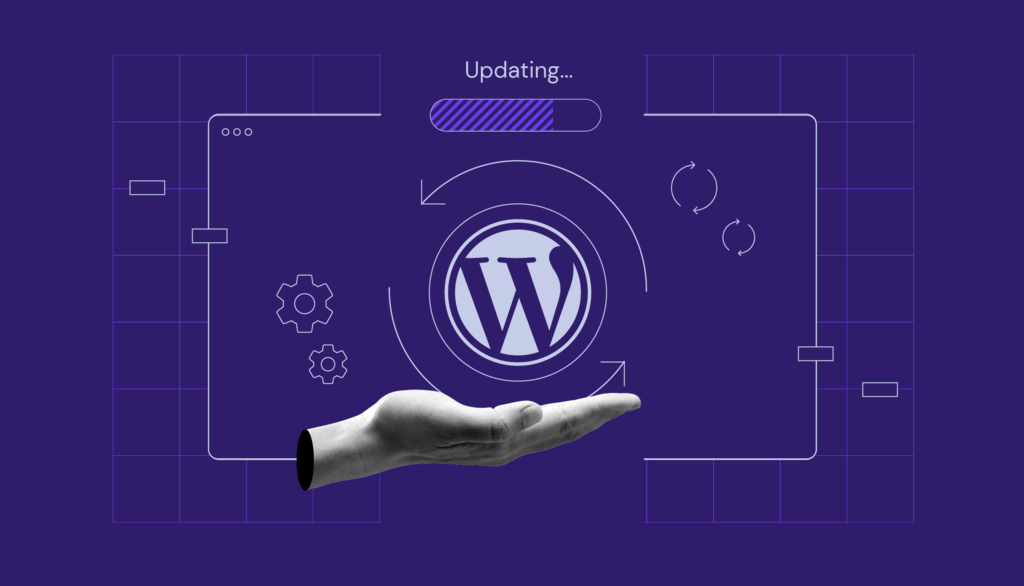
WordPress is a widely used open-source content management system (CMS) that allows users to create and manage websites, blogs, and online applications. It provides a user-friendly interface and a wide range of customizable themes and plugins, making it accessible to both beginners and experienced web developers.
Here are some key aspects and features of WordPress:
1. Website Creation and Management: WordPress offers a straightforward process for creating and managing websites. Users can choose from a variety of pre-designed themes or create custom designs using HTML, CSS, and PHP. The intuitive dashboard allows users to add, edit, and organize content easily.
2. Themes and Templates: WordPress provides a vast selection of themes and templates that control the overall design and layout of a website. These themes can be customized to match specific branding and design requirements, providing flexibility and versatility in website appearance.
3. Plugins and Functionality: WordPress offers a wide range of plugins that extend the functionality of a website. Plugins can be used to add features such as contact forms, e-commerce capabilities, search engine optimization (SEO) tools, social media integration, security enhancements, and more. These plugins can be installed and activated with just a few clicks.
4. Content Management: WordPress includes a powerful content management system that allows users to create and publish various types of content, including blog posts, articles, pages, images, videos, and more. The editor provides a familiar word-processing interface, making it easy to format and organize content.
5. User Roles and Permissions: WordPress has a user role management system that enables multiple users to collaborate on a website. Different roles, such as administrator, editor, author, and subscriber, have varying levels of access and permissions, allowing for efficient teamwork and content moderation.
6. SEO-Friendly: WordPress is designed with search engine optimization (SEO) in mind, making it easier for websites to rank well in search engine results. It generates clean and SEO-friendly URLs allows the customization of meta tags, and provides plugins and tools to optimize content for better visibility in search engines.
7. Community and Support: WordPress has a large and active community of users, developers, and contributors. There are numerous online forums, documentation, tutorials, and resources available to assist users in troubleshooting issues, learning new techniques, and staying up to date with the latest WordPress developments.
WordPress is known for its versatility, ease of use, and extensive customization options. It powers a significant portion of websites on the internet, ranging from personal blogs to corporate websites and e-commerce stores. Whether you're a beginner or an experienced web developer, WordPress provides a flexible and powerful platform for creating and managing your online presence.






